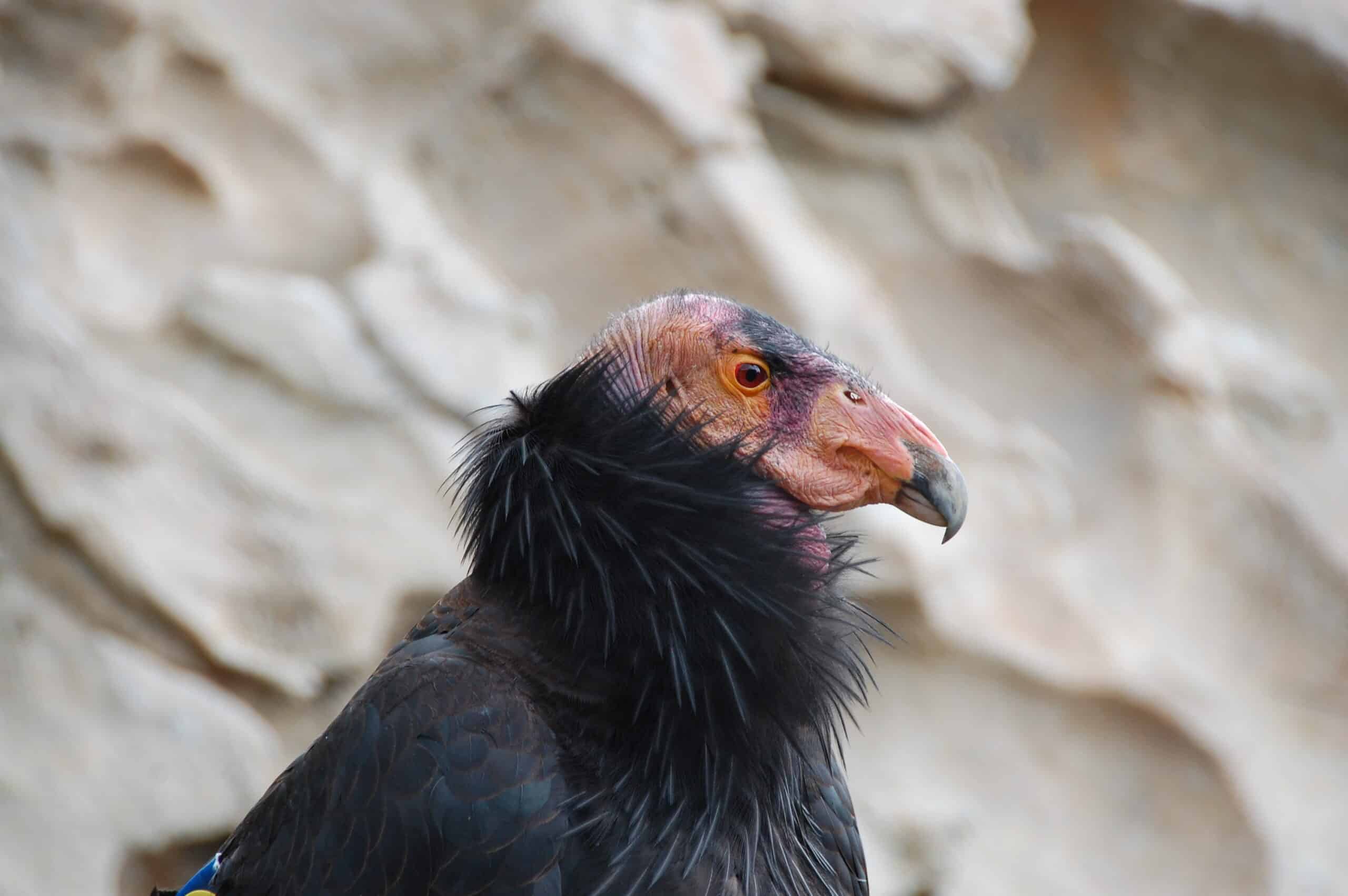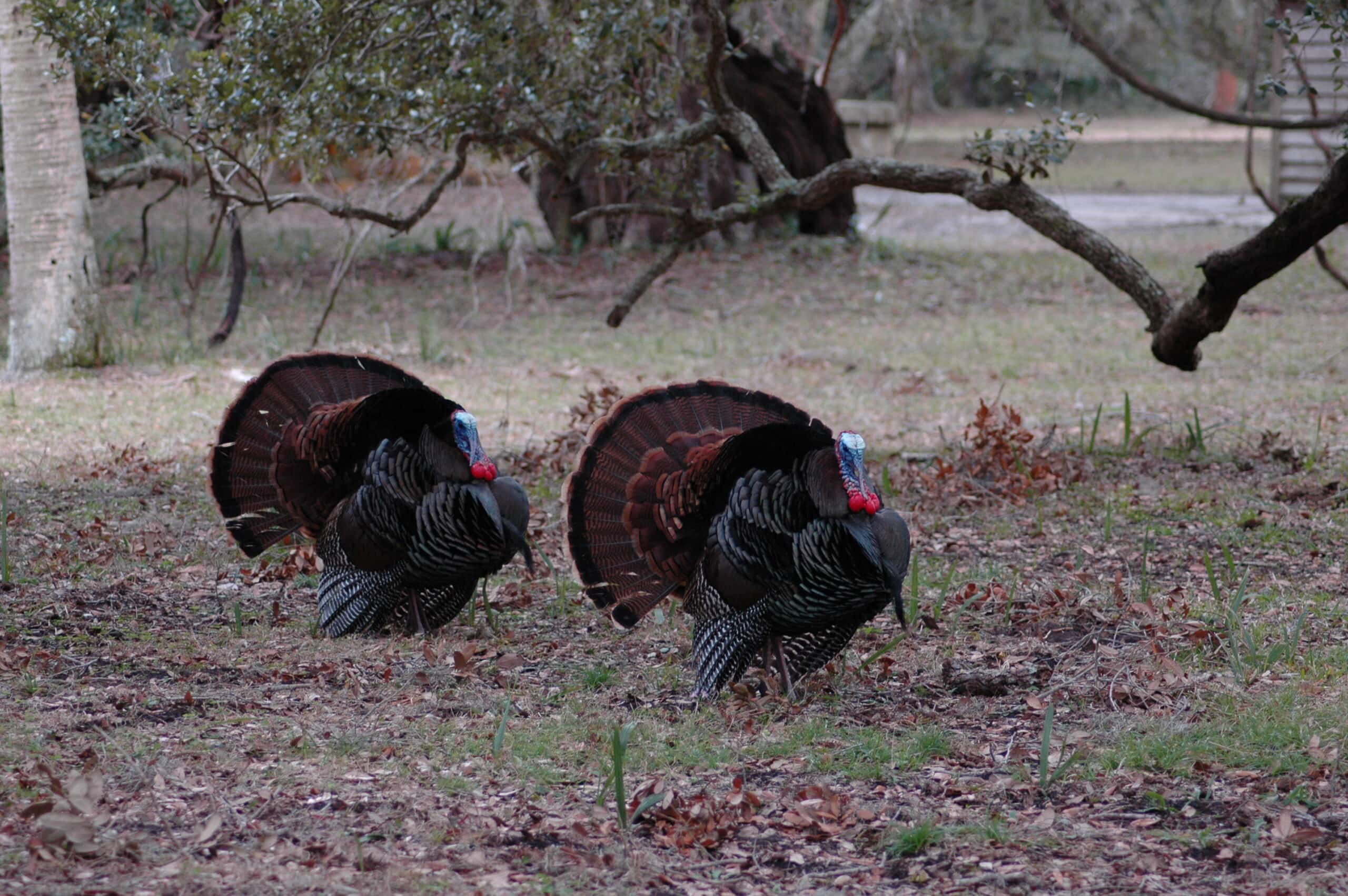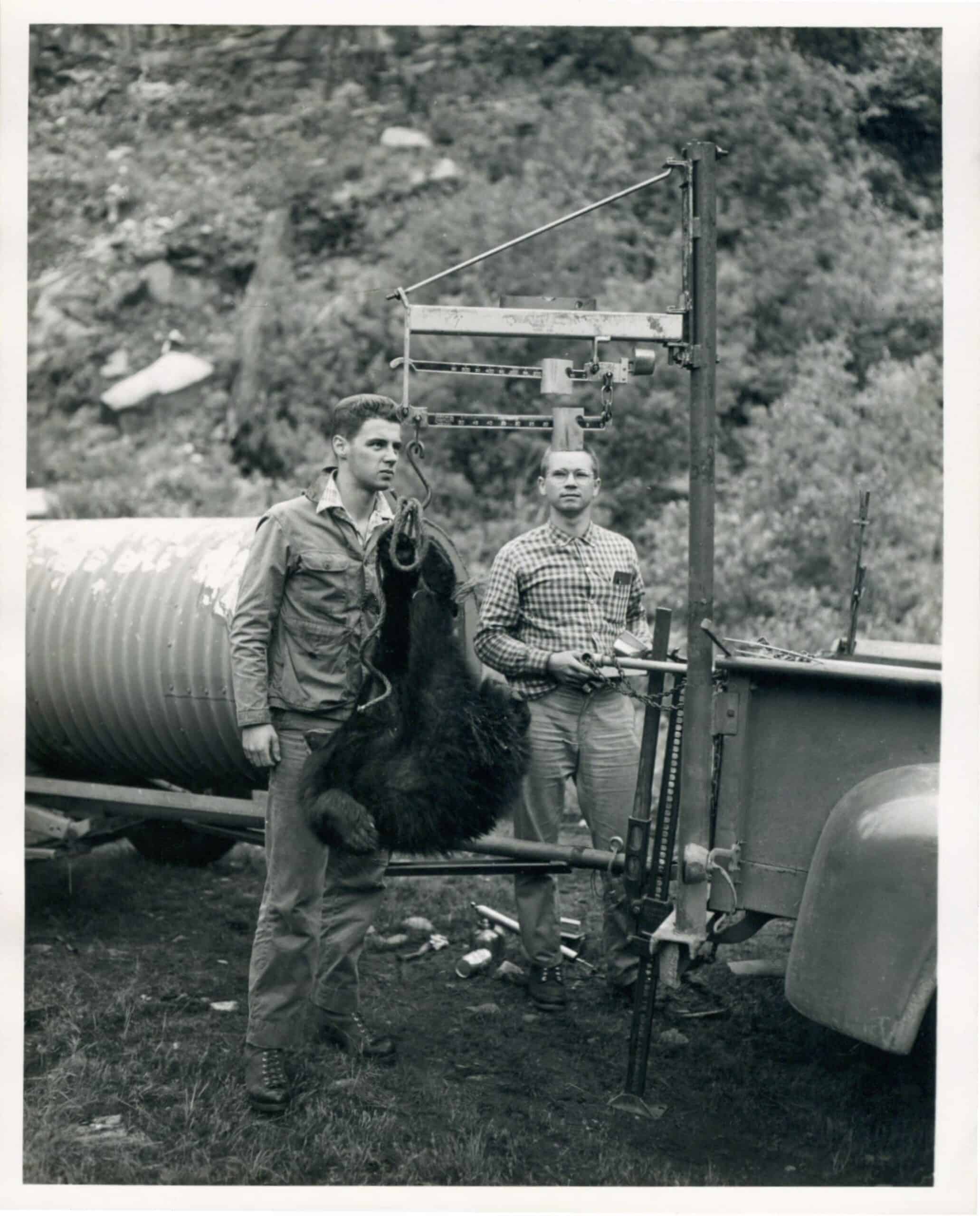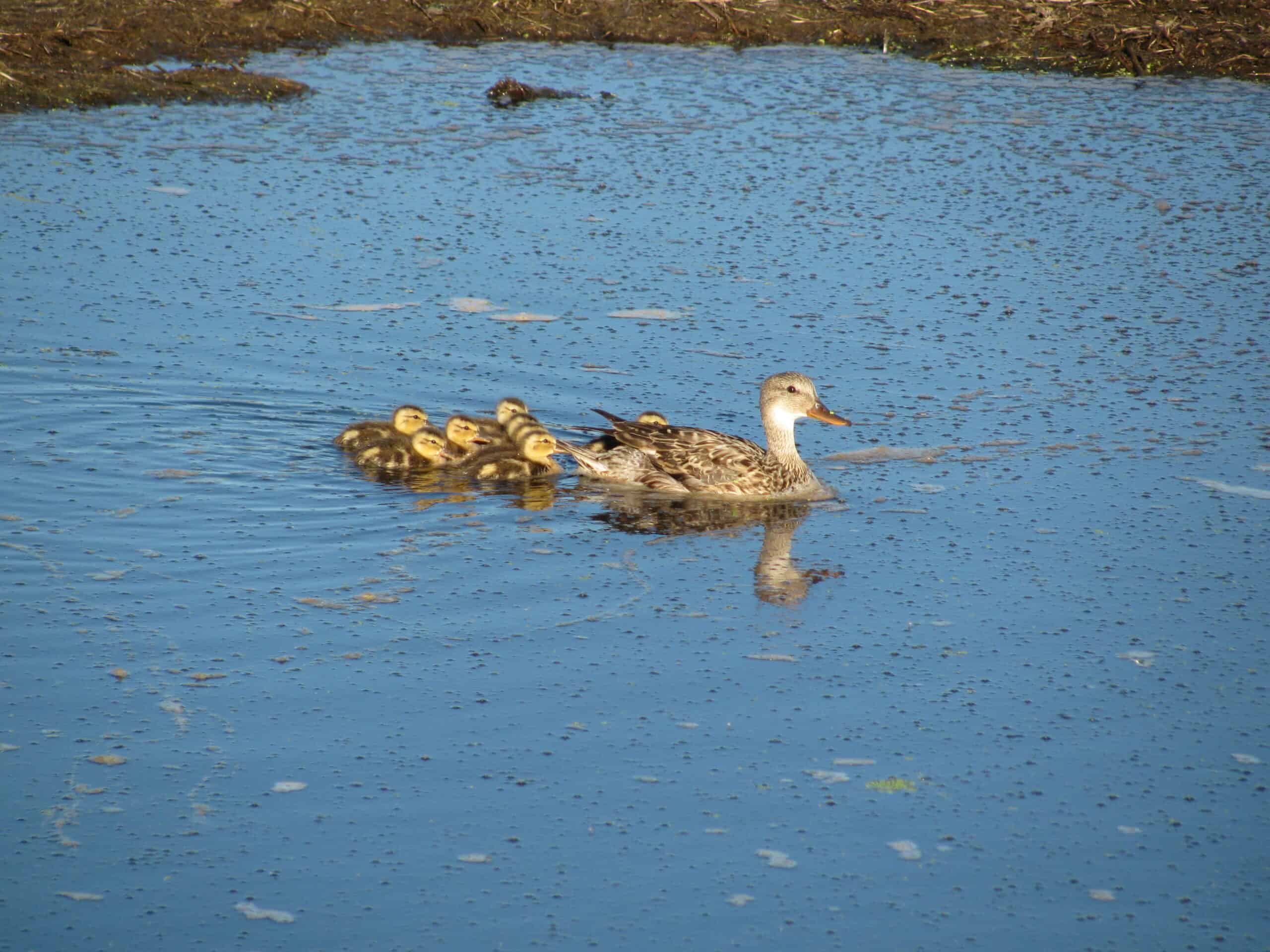Share this article
Wildlife Featured in this article
- California condor
- Bald eagle
Voluntary lead-free ammunition program incentivizes hunters
The U.S. Fish and Wildlife Service is implementing a pilot program at seven National Wildlife Refuges
The U.S. Fish and Wildlife Service will implement a voluntary, incentive-based program for hunters to use lead-free ammunition at seven National Wildlife Refuges for the fall 2024 hunting season.
The announcement comes following years of scientific research indicating that lead ammunition and fishing tackle can negatively impact wildlife. In 2023, a special section in the Wildlife Society Bulletin highlighted some of these challenges, including lead poisoning being the foremost cause of death in endangered California condors (Gymnogyps californianus), lead pollution in bald eagles (Haliaeetus leucocephalus), and more. However, lead-free ammunition can be expensive and more difficult to come by.
The Wildlife Society published a position statement in 2022 supporting policies that promote advancing voluntary replacement of lead-based products used for hunting and fishing. TWS also encourages industry to increase production capacity of non-lead products, and develop new ones, to meet consumer demand while working to lower costs over time.
“The Wildlife Society supports educational efforts, policies and regulations by fish and wildlife agencies that reduce wildlife exposure to lead used for hunting fishing,” said Ed Arnett, CEO of The Wildlife Society. “We encourage the voluntary replacement of lead-based hunting ammunition and fishing tackle and the pilot incentive programs for lead-free hunting on National Wildlife Refuges announced by the U.S. Fish and Wildlife Service are a good step in this direction.”
The Hunting and Wildlife Conservation Council, a federal advisory committee established by the Department of the Interior and Agriculture and state, nongovernmental and industry partners, recommended that federal agencies encourage hunters to voluntarily use lead-free ammunition in December 2023. As a result, the USFWS worked with the council to develop this pilot program.
“The Service is committed to providing access to National Wildlife Refuges and also to minimizing the impacts to wildlife from lead exposure,” said USFWS Director Martha Williams. “This pilot program and the lessons learned will be critically important in determining our best approach to managing lead use by outdoor recreationists on refuge lands and waters.”
Under the new program, hunters who choose to use lead-free ammunition on the specified refuges will be reimbursed for the cost of lead-free ammunition in the form of prepaid Visa cards. The program will be eligible for deer hunters on Patoka River NWR in Indiana, Blackwater NWR in Maryland, Pocosin Lakes NWR in North Carolina, and Trempealeau NWR in Wisconsin, hunters harvesting any species in Wallkill River NWR in New Jersey and Canaan Valley NWR in West Virginia, and elk hunters in William L. Finley NWR in Oregon.
Header Image: Lead ammunition is often used to harvest species that California condors then scavenge on, inadvertently ingesting lead fragments. Credit: Joe Lewis








